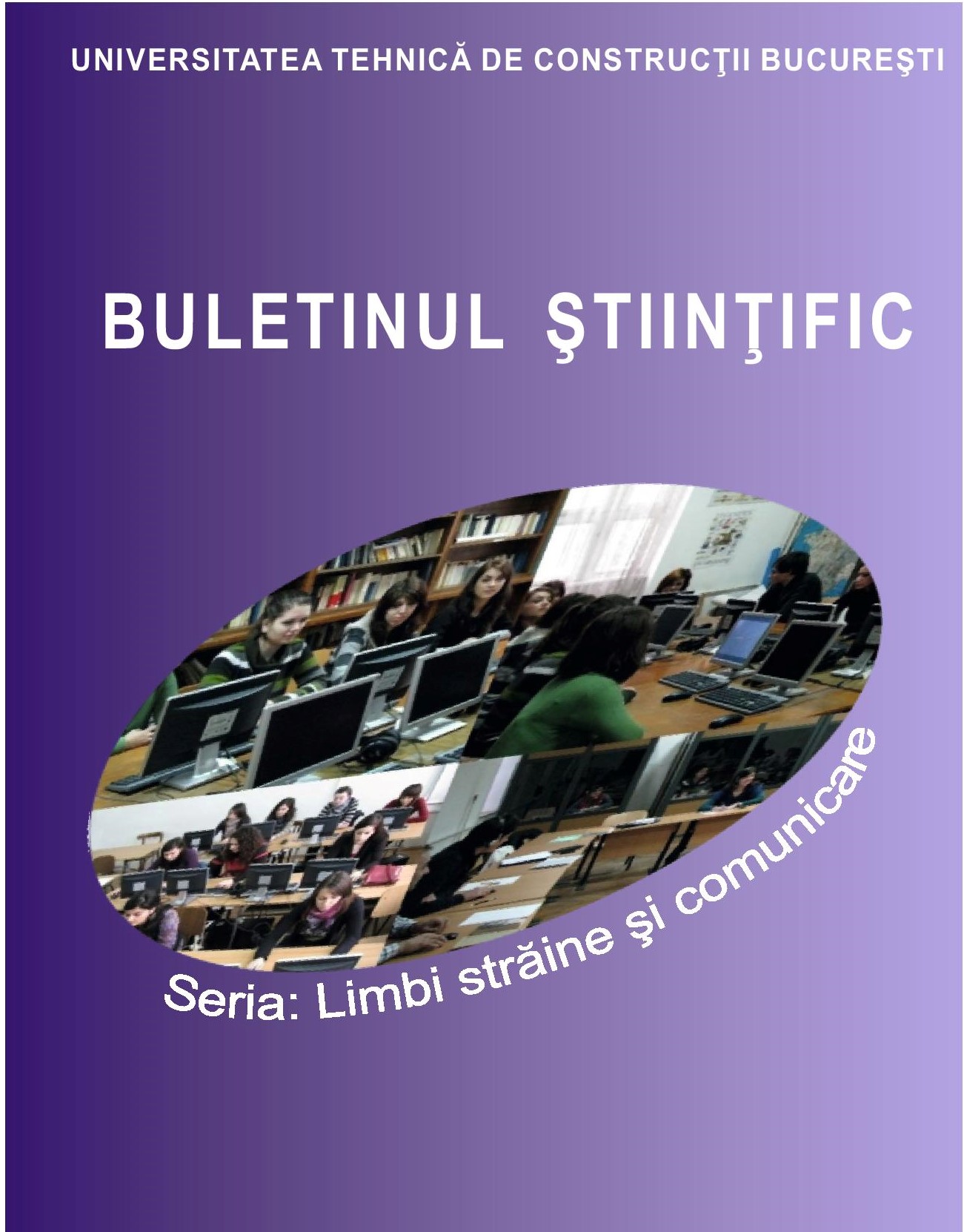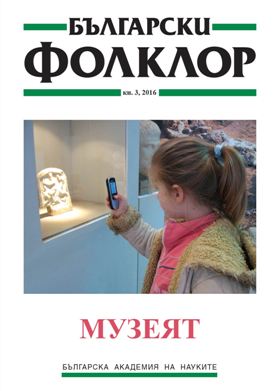TURKEY’S IDEOLOGICAL APPARATUSES AND GLOBALIZATION
The argument that will be presented here is briefly as follows: the effects of globalization and of the wider use of electronic media – by which I mean especially private television networks and the internet – have led to a decrease in the state centre’s control over Turkish society. The state is no longer able to control the information conveyed to society via its ideological apparatuses and no longer enjoys the influence on culture and on forming identities it once possessed. By examining the most important ideological apparatus, that is the state's educational apparatus, and its Department of Religious Affairs, I will try to show how their role in inculcating the state’s founding ideology has been diminished. This process, in which the wider use of electronic media plays a significant role, constitutes one of the main reasons behind the increase in the independence and power of the actors, institutions and communities in Islamic circles that were repressed within the framework of Kemalism, the founding ideology of the center. With this increase in power, Islamic circles also began to exert influence on the center, with a resulting dissipation of the ideological differences between the center and the periphery.
More...

